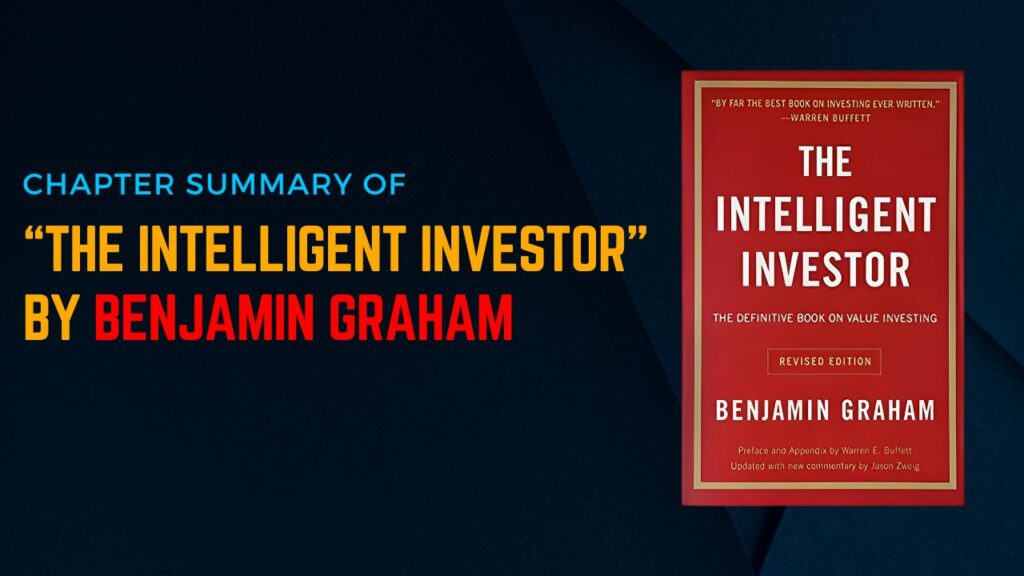Author
Getting swayed by the marketing spiel of wealth management companies.
Banks and large financial services companies are in the business of making money. They do so by providing products, features, and facilities for consumers that can be quite useful. But there is also a natural incentive that these companies have to do whatever they can to enhance the perceived value of their offerings. Unless they are well regulated, their communication – through the media as well as in in-person selling – can have the effect of being misleading. This is because the common person is expectedly not an expert in financial solutions, even if he/she is very smart and successful in their respective careers. This is why we need advisers who we can trust, and whose interests are aligned with us. These well-chosen guides can help us separate the wheat from the chaff, i.e. cut the noise and clutter of information out there and help us focus on features and benefits that really matter in the recommended solutions.
Believing that history is the main predictor of future performance.
Indeed, we can learn a lot from history. As the wise say, “those who forget the past are doomed to repeat it.” But we have to remember that investing is a forward-looking endeavour. We want to buy assets that rise in value (and price) over time, no matter how poorly they have performed in the market until the day we acquire them. For this purpose, we can look at past performance – and other historic factors – only to see if they have any bearing on the fundamentals of the asset today or in the future. Beyond that, we ignore the past and evaluate the asset purely based on its valuation and sustainable quality, because that is what will determine what we can earn from it in the years ahead.
Trying to TIME the market.
We would all like to “buy low, sell high”. It looks so easy on hindsight – especially when you look at a price chart and can draw lines that join the turnarounds, i.e. support and resistance. This is what professional traders count on. But, the fact is, a vast majority of us can never be sure when the market price of any asset makes a big move up or down, with a trend or against it. That is why most of those who got very rich in the stock market are not short-term speculators. They tend to research what they want to buy, wait for the price to be just right, and then stay invested in the asset till its fundamentals hold up i.e. for the long term. They don’t even mind paying a slightly higher price initially because they know that the future gains will easily cover the extra cost, rather than miss the opportunity for a few percentage points. They are not “penny wise, pound foolish”. What’s more, buying-and-holding is one of the easiest strategies because one does not have to keep monitoring the market every single day. Warren Buffett says his favourite holding period is “forever”.




